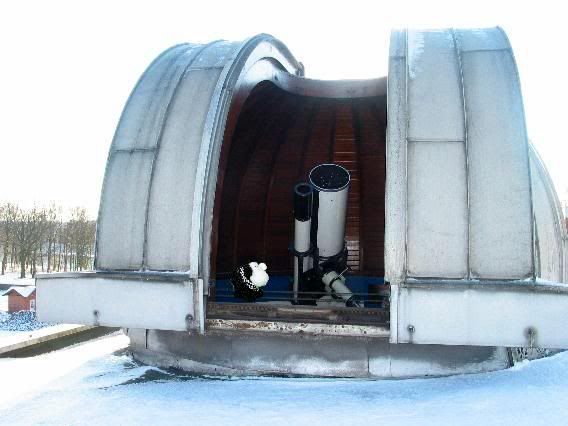Hello everyone,
This is my first post here and I thought it should be something meaningful. We all like to analyze Star Trek universe. Therefore, I was wondering how much do we know about the universe of Carl Sagan and Steven Hawking :-)
So here is a little game. Below there are 6 simple questions. It is not necessary to give the answers. Just think if you know the answers without looking into Wikipedia or any books and write which of those points are true in your case. Enjoy:
1. I know the approximate distance from the Earth to the Moon (in miles or kilometers).
2. I could give names of all planets in the Solar System in the right order.
3. I know what causes solar and lunar eclipses.
4. I can recognize constellations in the sky.
5. I know the names of the nearest stars and galaxies.
6. I have looked through a telescope at least once.
This is my first post here and I thought it should be something meaningful. We all like to analyze Star Trek universe. Therefore, I was wondering how much do we know about the universe of Carl Sagan and Steven Hawking :-)
So here is a little game. Below there are 6 simple questions. It is not necessary to give the answers. Just think if you know the answers without looking into Wikipedia or any books and write which of those points are true in your case. Enjoy:
1. I know the approximate distance from the Earth to the Moon (in miles or kilometers).
2. I could give names of all planets in the Solar System in the right order.
3. I know what causes solar and lunar eclipses.
4. I can recognize constellations in the sky.
5. I know the names of the nearest stars and galaxies.
6. I have looked through a telescope at least once.




